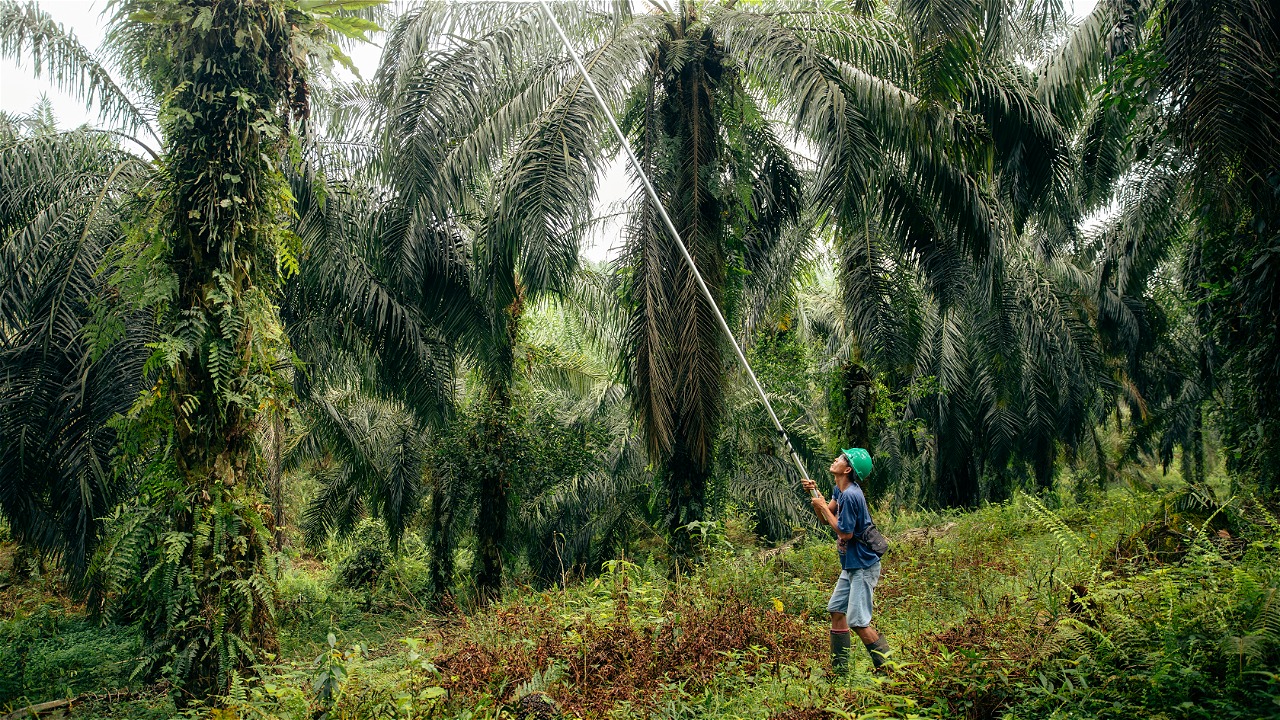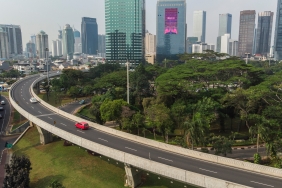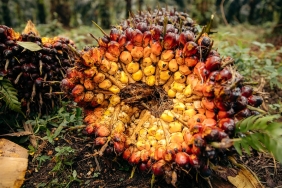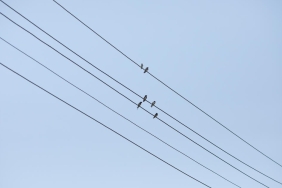FARMERS PREPARE "POCKETS" FOR REPLANTING
Sintang - The heyday of independent oil palm farmers has reached its peak. It will not be long before the heyday enters its twilight years. To maintain the sustainability of independent oil palm production, farmers are now preparing to replant or rejuvenate their land.
This is important to anticipate the decline in community income triggered by a decrease in purchasing power by independent oil palm farming families. This is very reasonable, because the implementation of replanting oil palm plants will be carried out in the next five years.
Rimba Harapan Production Cooperative, Sintang already has a way to prevent this. Namely by encouraging farmers to develop alternative commodities. The development of alternative commodities is carried out by looking at the potential found in the environment of cooperative members spread across seven villages.
WWF-Indonesia together with the Agribusiness Department of Tanjungpura University Pontianak has conducted a study on the development of alternative commodities for independent oil palm farmers. The study resulted in five selected alternative commodities that have the potential and ability to sustain the community's economy. The five commodities are laying hens, Balitbangtan's superior native chicken (KUB chicken), golden nipah banana, crystal guava, and rubber.
Social Economy Officer WWF-Indonesia West Kalimantan Program Faiza Libby Shabira Lubis said, through the development of this commodity farmers need to re-strategize. Especially in working on alternative commodity plantations or farms from seed selection, planting, care, to marketing.
"All of this must be done according to the abilities and experience of farmers. People make it as efficient and effective as possible so that they can implement commodity development independently," he said in the middle of the Alternative Commodity Cultivation Training in Sintang, Monday (9/10/2017).
Through this consideration, Libby said, Rimba Harapan Production Cooperative and WWF-Indonesia have prepared a number of seeds and seedlings that will be developed by the community. The next commodity introduction is training on the cultivation of each commodity where not all farmers who are members of the cooperative have ever planted / raised these commodities.
Chairman of Rimba Harapan Production Cooperative Suratno Warsito said that the cultivation training is important so that farmers can manage their agricultural land and livestock intensively. "The agricultural productivity of these alternative commodities is sought to be a savings for farmers when facing replanting. So, the poverty caused by replanting that occurred in the 1980s does not need to be repeated," he said.
According to Suratno, this happened because of farmers' unpreparedness to face efforts to restore the productivity of oil palm land which could last for 3-4 years.
In the training, which was held at the Rimba Harapan Production Cooperative Office from October 7-15, farmers were given an injection of knowledge to increase their capacity. For example, an understanding of how to manage, the problems that will be faced, and the best solutions that are easy for farmers to do.





